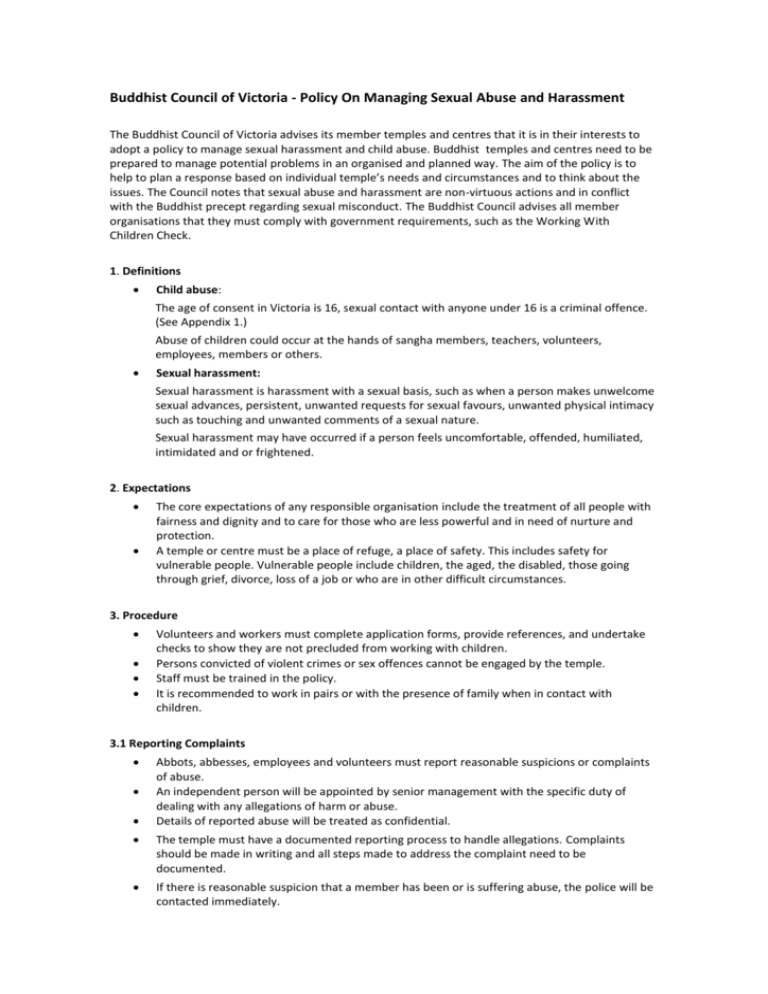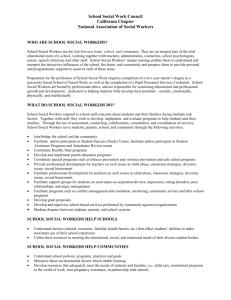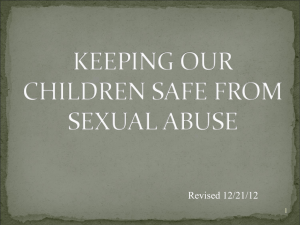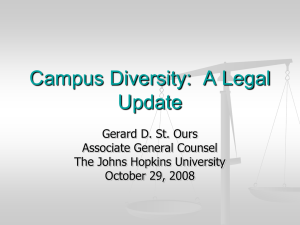
Buddhist Council of Victoria - Policy On Managing Sexual Abuse and Harassment
The Buddhist Council of Victoria advises its member temples and centres that it is in their interests to
adopt a policy to manage sexual harassment and child abuse. Buddhist temples and centres need to be
prepared to manage potential problems in an organised and planned way. The aim of the policy is to
help to plan a response based on individual temple’s needs and circumstances and to think about the
issues. The Council notes that sexual abuse and harassment are non-virtuous actions and in conflict
with the Buddhist precept regarding sexual misconduct. The Buddhist Council advises all member
organisations that they must comply with government requirements, such as the Working With
Children Check.
1. Definitions
Child abuse:
The age of consent in Victoria is 16, sexual contact with anyone under 16 is a criminal offence.
(See Appendix 1.)
Abuse of children could occur at the hands of sangha members, teachers, volunteers,
employees, members or others.
Sexual harassment:
Sexual harassment is harassment with a sexual basis, such as when a person makes unwelcome
sexual advances, persistent, unwanted requests for sexual favours, unwanted physical intimacy
such as touching and unwanted comments of a sexual nature.
Sexual harassment may have occurred if a person feels uncomfortable, offended, humiliated,
intimidated and or frightened.
2. Expectations
The core expectations of any responsible organisation include the treatment of all people with
fairness and dignity and to care for those who are less powerful and in need of nurture and
protection.
A temple or centre must be a place of refuge, a place of safety. This includes safety for
vulnerable people. Vulnerable people include children, the aged, the disabled, those going
through grief, divorce, loss of a job or who are in other difficult circumstances.
3. Procedure
Volunteers and workers must complete application forms, provide references, and undertake
checks to show they are not precluded from working with children.
Persons convicted of violent crimes or sex offences cannot be engaged by the temple.
Staff must be trained in the policy.
It is recommended to work in pairs or with the presence of family when in contact with
children.
3.1 Reporting Complaints
Abbots, abbesses, employees and volunteers must report reasonable suspicions or complaints
of abuse.
An independent person will be appointed by senior management with the specific duty of
dealing with any allegations of harm or abuse.
Details of reported abuse will be treated as confidential.
The temple must have a documented reporting process to handle allegations. Complaints
should be made in writing and all steps made to address the complaint need to be
documented.
If there is reasonable suspicion that a member has been or is suffering abuse, the police will be
contacted immediately.
BCV Policy on Managing Sexual Abuse and Harassment
The police will also be notified if a member discloses an incident of abuse that has occurred
outside the temple premises, such as on an outing.
3.2 On Hearing About an Incident of Sexual Abuse
Maintain appropriate pastoral care and treat the allegation seriously.
Do not attempt to run an investigation.
Reassure the victim they are understood.
Report the abuse to the police. Be aware that concealing crimes or failing to provide
information may be criminal offences.
Do not contact the perpetrator.
Retain clothing of victim if abuse is recent.
Maintain confidentiality.
Any disclosures by a member, reports of suspected abuse and all details of the subsequent
investigation will be documented promptly and the documents will be held in a secure location
where a breach of privacy cannot occur.
Where their identity is known victims must not be blamed or shamed and should be welcomed
back into the community, but it is preferable that the identity of victims is not made known.
Support, counselling, and advocacy on behalf of the victim are required.
Brochures from health departments, counselling services or women's advocacy services should
be available from the temple.
Prevention is better than cure.
3.3 On Being Advised About Sexual Harassment by a Victim Another Person Should:
Request the harasser to stop.
After notification, and should harassment continue, the matter should be reported to temple
officials.
Should temple officials fail to acknowledge the incident and act upon it immediately, the victim
(or another person privy to the case), should refer the matter to police and/or The Equal
Opportunity Commission.
Harassment may be considered a criminal offence, in which case it is a matter for the law. In
this case see section 3.2.
3.4 Managing a Complaint of Sexual Abuse
If there is reasonable suspicion that a member has been or is suffering abuse, the police will be
contacted immediately.
A person suspected of committing abuse will be suspended from work or other duties within
the temple while under investigation for committing abuse.
A person found guilty of committing abuse, either by internal investigation or by a court, will
have their employment or involvement with the temple terminated.
4. Conclusion
This policy is offered to temples where they have no policy but it is not compulsory. It could, for
example, be replaced by an insurance policy required by an insurance company. However, temples are
urged to adopt policies that take into account the principles and procedures listed above.
Appendix 1 - Generally the age of consent is 16, however sex is not a crime if the younger person was
15 and the older person is less than two years older and believed the younger one was 16. It is against
the law for persons who are 16 or 17 years old to have sexual contact with a person who is caring or
supervising them, such as a teacher, youth worker or foster carer, even if they agree. It is against the
law for people to be forced to have sexual contact without consent.
September 2015
2








